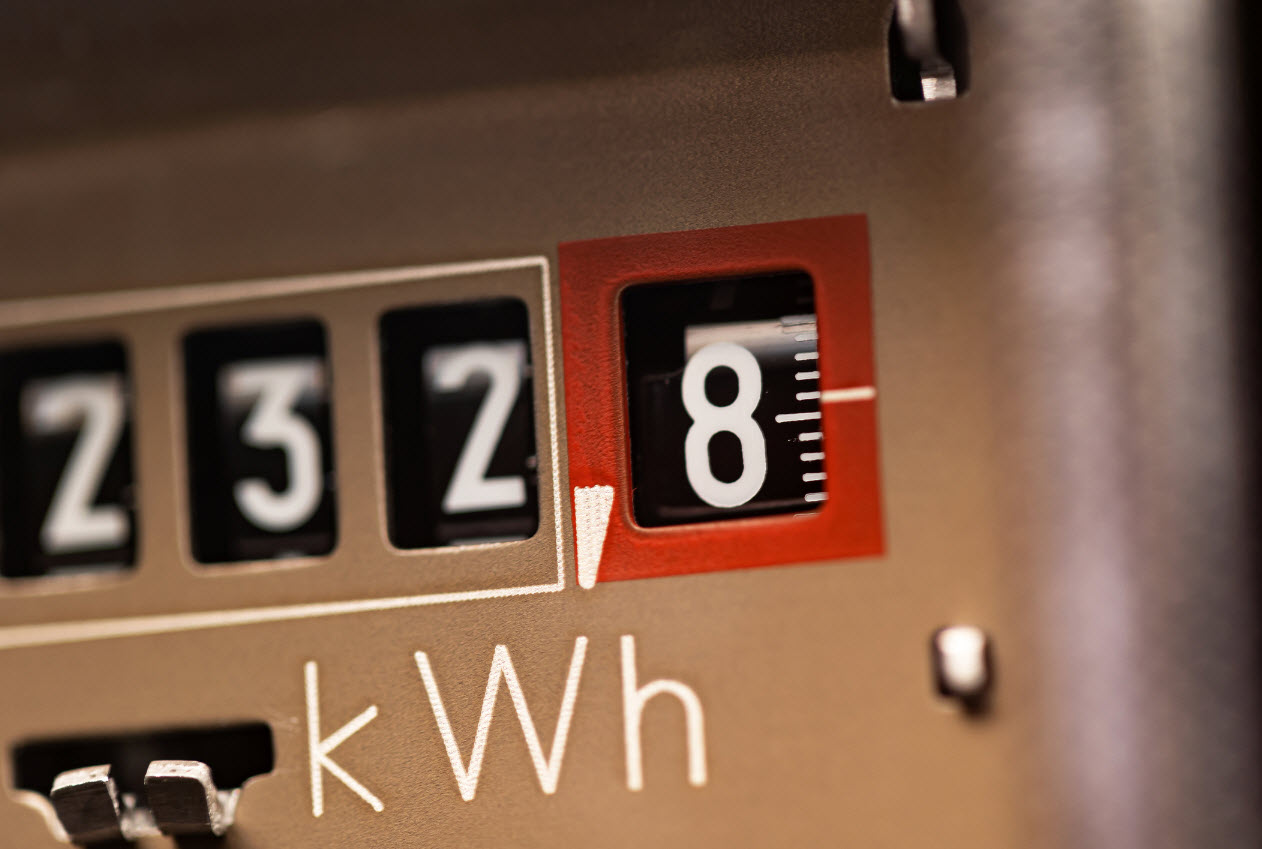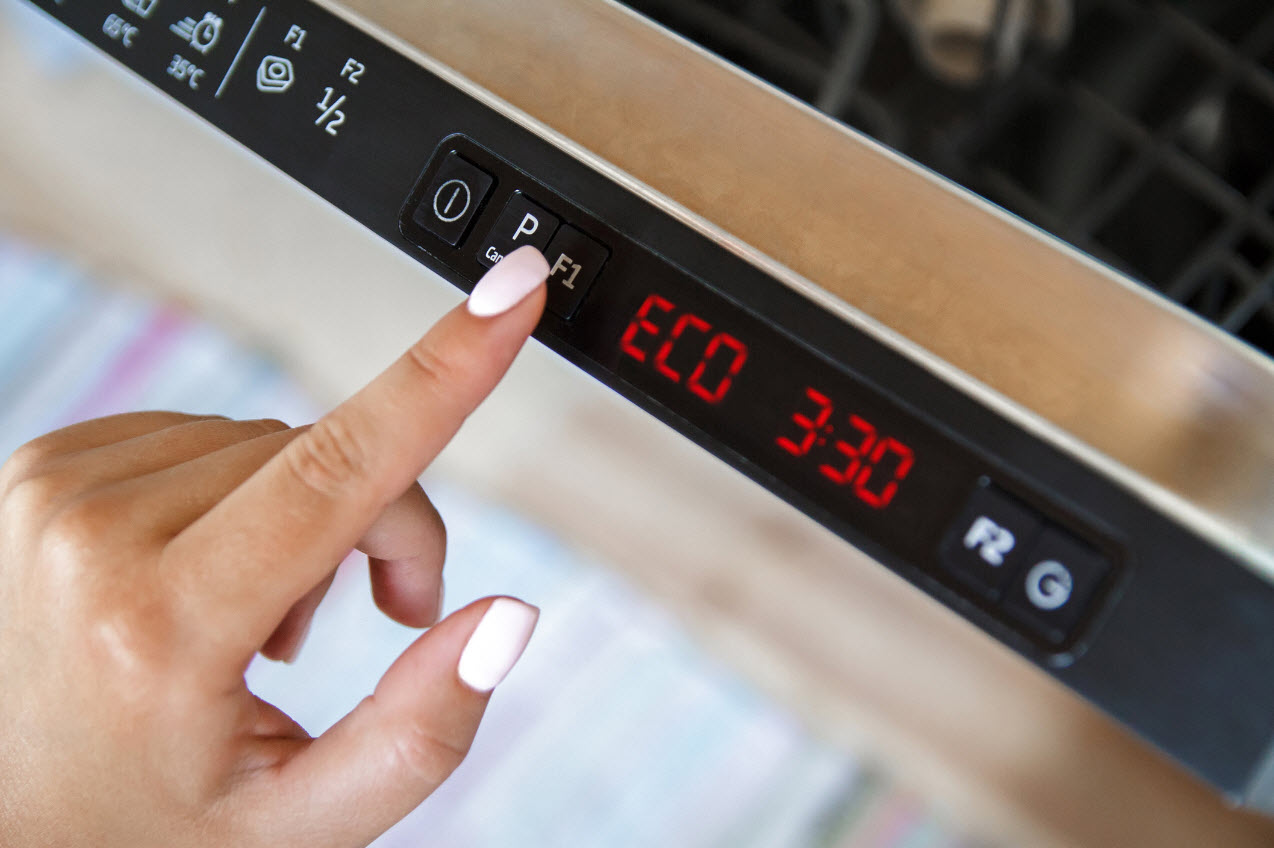In May’s Electrifying a pan-Canadian electricity grid blog, we learned the Government of Canada is taking action to reduce greenhouse gas (GHG) emissions from the generation of electricity to achieve a net-zero electricity grid by 2035 and net-zero emissions country-wide by 2050.
As Canadians depend more and more on an electrified grid, safety and reliability are at the core of our business which is why Hydro Ottawa is taking steps to future-proof the grid.
However, there are many actions big and small that residents can take to reduce their energy use and if sustained over time, will help lower emissions and costs.
Knowledge is power
First and foremost, know what electricity rate plan you’re on. If you are able to shift a portion of your energy use away from on-peak hours and onto the low-demand periods when electricity is less expensive it could help you find savings.
Take the Peak Perk program saver. This program provides a financial incentive to residential customers willing to reduce their energy use when demand for electricity in Ontario is high this summer. To qualify, the homeowners must have an eligible smart thermostat connected to their central A/C or heat pump. Participants will receive $75 for enrolling this year, as well as $20 for each year they stay enrolled in the program starting in 2024. Peak perk will only occur on weekdays for up to three hours and there can be up to 10 events between June and September.
To conserve, or to be efficient?
As we move toward a greener future, you’ll hear talk of energy conservation and energy efficiency but what do they really mean?
Energy conservation refers to actions taken to reduce the amount of energy used to complete a task whereas energy efficiency means using less energy to get the same job done.
Another way of looking at it is that conservation can be controlled by human behaviour while energy efficiency is managed by technological advances. For example, turning lights off when you leave a room is conservation, whereas replacing incandescent light bulbs with LED bulbs is using energy efficient technology.
Now that you’re in the know, let’s take a look at a few simple actions you can take in your daily life to help reduce your energy use, save money, and help the environment:
Conservation (behaviour changes)
- Turn off the lights when you leave a room.
- Unplug any small appliances when not in use (such as toasters, kettles, coffee makers).
- Use small appliances like slow cookers, insta pots or toaster ovens instead of your oven when possible.
- Consider task lighting instead of lighting up an entire room.
- Keep doors and windows closed when heat or air conditioning is on.
- Use a clothesline or clothes rack for indoor or outdoor drying instead of your dryer.
- In the summer, set your thermostat to 25°C when you’re home and 28°C when you’re away.
- If you have a ceiling fan, change the direction. In summer, a counter-clockwise rotation pulls hot air up and pushes cool air down, creating a cooling wind effect. Remember: fans cool off people, not just rooms, so turn them off when you’re not around.
Energy efficient actions (technology driven)
- Swap out incandescent bulbs with ENERGY STAR certified LED bulbs - they use up to 90 per cent less electricity and can last more than 20 years.
- Reduce your heating costs by up to 10 per cent with a properly programmed thermostat and set the temperatures for different times of the day, for example, when you are sleeping and when you are not at home.
- Create a “charging centre” using a power bar with a timer to charge cell phones, mP3 players and other mobile devices at night. Set the timer to turn off during the day.
Our friends at Enviro Centre have put together an excellent article entitled Energy efficiency, a win-win for homeowners which takes readers on a journey to learn what typical energy efficiency measures should be considered based on the age and type of home (century, war, and newer townhouse, semi-detached or single-family dwelling) and what rebates are available to undertake these measures.
Need help getting started on a smaller scale? Look no further than Save On Energy’s My Energy Action Plan. Whether you live alone or in a full house, in a brand-new condo or a century home, love to cook or would rather not – there are plenty of ways to save. It's easy – just answer eight questions and you'll get a personalized Energy Action Plan, complete with tips and tools to begin on your own energy-efficiency journey.
As a community company, Hydro Ottawa plays an important role in promoting conservation and energy-efficiency programs and incentives. Learn what’s available here.



